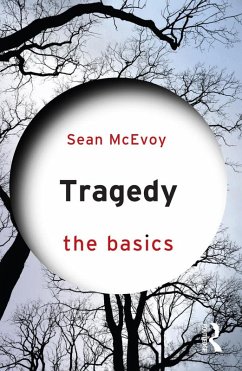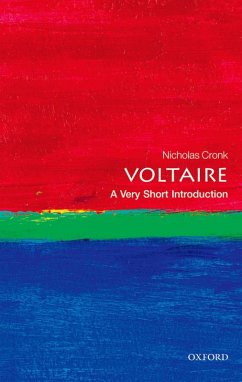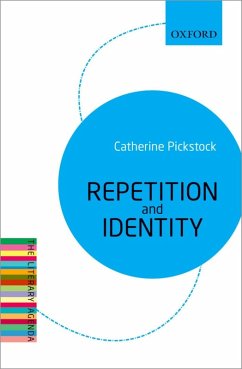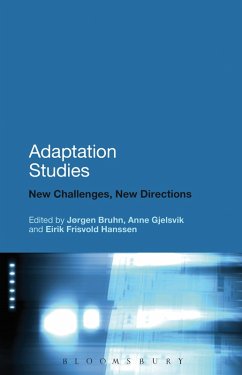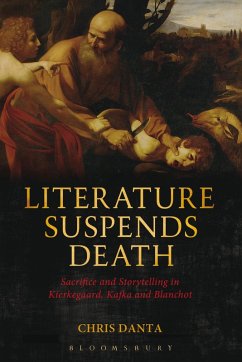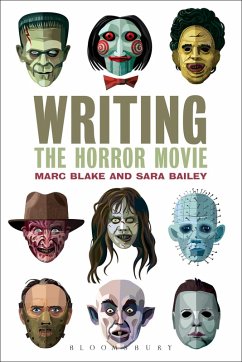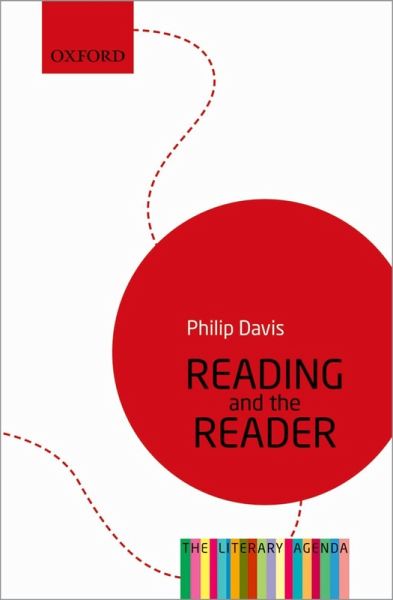
Reading and the Reader (eBook, ePUB)
The Literary Agenda

PAYBACK Punkte
8 °P sammeln!
The Literary Agenda is a series of short polemical monographs about the importance of literature and of reading in the wider world and about the state of literary education inside schools and universities. The category of 'the literary' has always been contentious. What is clear, however, is how increasingly it is dismissed or is unrecognised as a way of thinking or an arena for thought. It is sceptically challenged from within, for example, by the sometimes rival claims of cultural history, contextualized explanation, or media studies. It is shaken from without by even greater pressures: by e...
The Literary Agenda is a series of short polemical monographs about the importance of literature and of reading in the wider world and about the state of literary education inside schools and universities. The category of 'the literary' has always been contentious. What is clear, however, is how increasingly it is dismissed or is unrecognised as a way of thinking or an arena for thought. It is sceptically challenged from within, for example, by the sometimes rival claims of cultural history, contextualized explanation, or media studies. It is shaken from without by even greater pressures: by economic exigency and the severe social attitudes that can follow from it; by technological change that may leave the traditional forms of serious human communication looking merely antiquated. For just these reasons this is the right time for renewal, to start reinvigorated work into the meaning and value of literary reading. Reading and the Reader offers a defence of reading serious literature, where reading offers a place for inner contemplation, emotion, imagination, and thought-experiment through the energising booster-rocket of literature. It is argued that literature creates a holding-ground in which a dense sense of experience is registered. Such a place is vital to human well-being in the following respects: in sustaining the ability to use and not just suffer one's experience; to be able to think one's thoughts, even those that are customarily unadmitted or felt as anomalous or unworthy; to find room for a realm of speculation in between religions and secularization, in between literature and life. Reading and the Reader, one of the first volumes in the Literary Agenda series, exists to defend the value of reading, to narrow the gaps between the way writers and readers think, to bring literary thinking into the ordinary thinking of the world - especially at a time when the arts and humanities are under some threat. Literature is useful in terms of deep human needs. It offers a form of time-travel - across ages, countries, different minds - that provides alternatives to any conventional worldview.
Dieser Download kann aus rechtlichen Gründen nur mit Rechnungsadresse in A, B, BG, CY, CZ, D, DK, EW, E, FIN, F, GR, HR, H, IRL, I, LT, L, LR, M, NL, PL, P, R, S, SLO, SK ausgeliefert werden.




